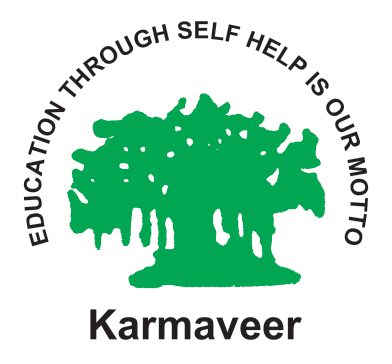- PSCHO301:
|
-
- 1. Knowledge of name Organic reactions and mechanisms.
- 2. Knowledge of various cycloaddition and Pericyclic reactions.
- 3. Idea about stereochemistry of fused ring and bridged ring compounds.
- 4. Learn about Principles and reactions of photochemistry.
-
|
- PSCHO302
|
-
- 1. Synthesis and applications of Domino, Multicomponent and Click Reactions.
- 2. Understanding of applications of Radicals in organic synthesis.
- 3. Understanding of use of Enamines, Ylides and α-C-H functionalization in chemical synthesis.
- 4. Applications of Metals / Non-metals in organic synthesis.
-
|
- PSCHO303
|
-
- 1. Knowledge of important Natural products.
- 2. Techniques of Multi-step synthesis of important natural products.
- 3. Knowlege and skills of structural characterization using spectroscopic techniques like Proton/13C NMR spectroscopy.
- 4. Knowlege and skills of Advanced spectroscopic techniques like
- DEPT, COSY, HETCOR. NOE and NOESY.
-
|
- PSCHOEC-I 304
|
-
- 1. Basic idea about concepts of Drug discovery, design and development.
- 2. Understanding of Drug design, development and synthesis of important drugs.
- 3. Knowledge of Biogenesis and biosynthesis of important natural products.
- 4. Knowledge and concepts of Green Chemistry for sustainable development.
-
|
- PSCHO3P1
|
-
- 1. Practical Skills in Separation of a ternary mixture of organic compounds.
- 2. Techniques of identification of organic compounds.
- 3. Practical Skills of derivative preparations using micro-scale technique.
-
|
- PSCHO3P2
|
-
- 1. Techniques of Single step organic preparations.
- 2. Skills of purification of compounds by Steam distillation / Vacuum distillation or Column chromatography.
-
|
- PSCHO401
|
-
- 1. Basic knowledge of Physical organic chemistry.
- 2. Understanding of Principles of molecular associations and Supramolecular chemistry.
- 3. Concepts of Stereochemistry and skills of determination of Stereochemistry of molecules.
- 4. Principles and techniques of asymmetric synthesis.
-
|
- PSCHO402
|
-
- 1. Knowedge about Designing Organic Synthesis.
- 2. Skills of Retrosynthetic analysis for Designing Organic Synthesis.
- 3. Applications of Electro-organic methods in Organic synthesis.
- 4. Understanding of uses of Transition and rare earth metals in organic synthesis.
-
|
- PSCHO403
|
-
- 1. Knowledge of importnt Natural products like Steroids, Vitamins, Antibiotics, Naturally occurring insecticides.
- 2. Methods of synthesis of importnt Natural products like Steroids, Vitamins, Antibiotics, Naturally occurring insecticides.
- 3. Knowledge of importnt Heterocyclic compounds.
- 4. Methods of synthesis of important Heterocyclic compounds.
-
|
- PSCHOOC-II 404
|
-
- 1. Information about various Print, Journals, Digital, Information Technology and Library Resources to get research data.
- 2. Techniques of data Analysis and Presentation of Data.
- 3. Knowelege of Methods of Scientific Research and Writing.
- 4. Knoweledge nd skills of Chemical Safety & Ethical Handling Of Chemicals.
-
|
- PSCHO4P1
|
-
- 1. Practical sklls of Two steps preparations of pharmaceutically important molecules.
- 2. Skills of the planning of synthesis.
- 3. Understanding of MSDS, the possible mechanism and expected spectral data (IR and NMR) of the starting material and final product.
- 4. Skills and techniques of purification of the product.
-
|
- PSCHO4P2
|
-
- 1. Skills of Interpretation of spectral data of organic compounds using UV, IR, PMR, CMR and Mass spectras.
- 2. Students gets practical as well as theoretical knowledge related to concern topic with analysis of results through Research Projects.
-
|


